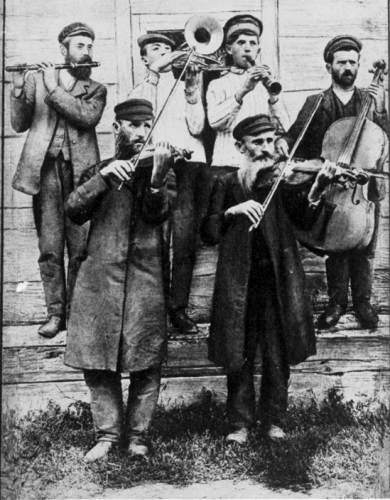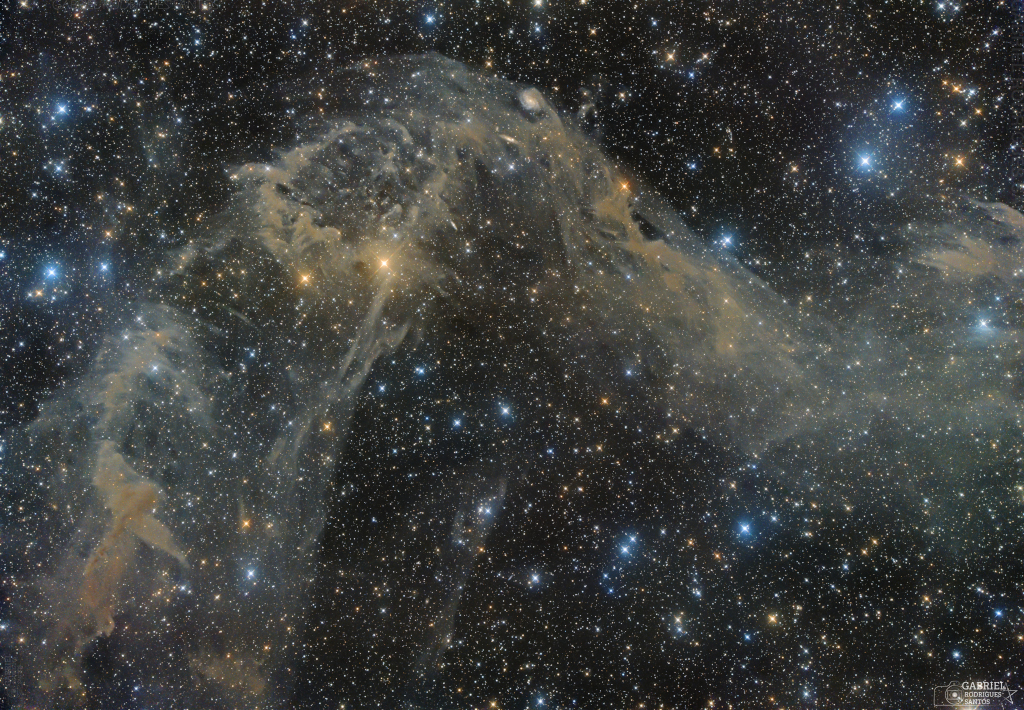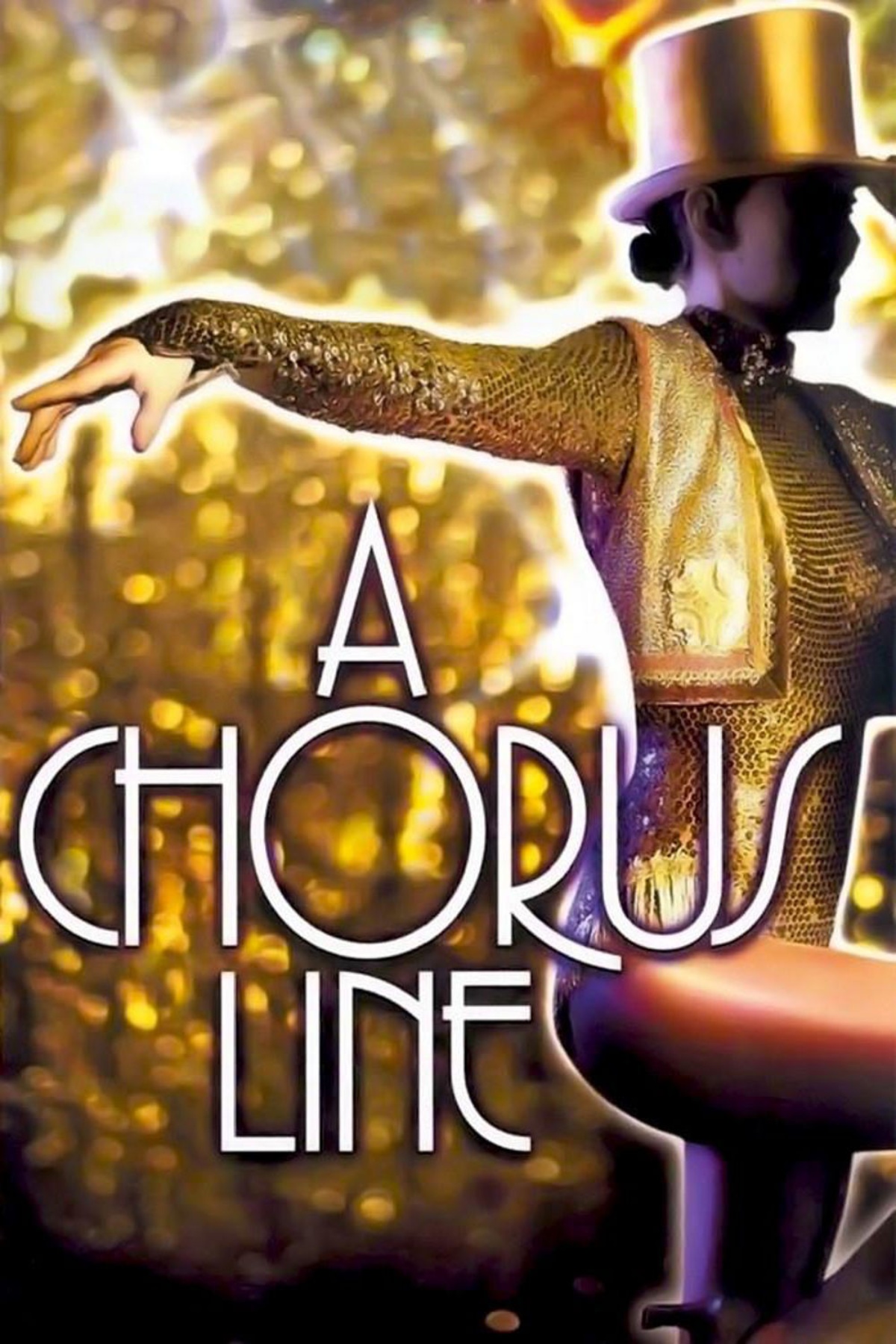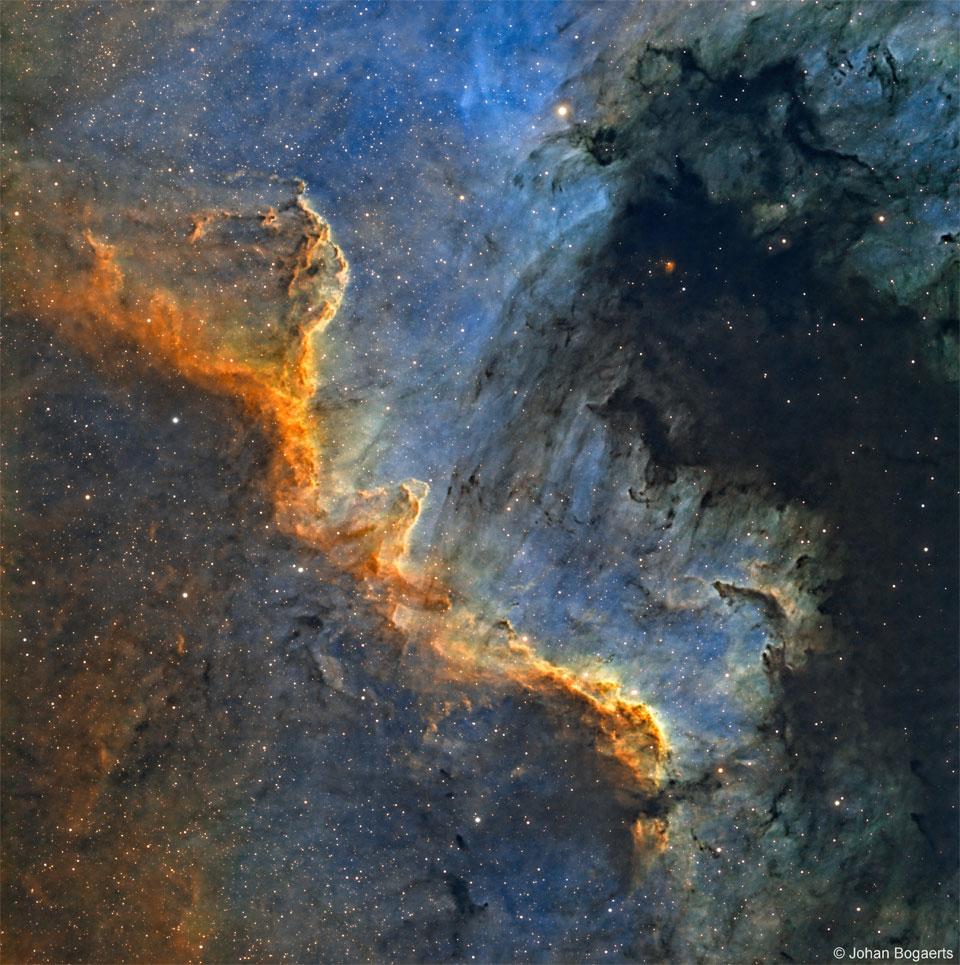Blog
Donald Johnson Ellis (July 25, 1934 – December 17, 1978) was an American jazz trumpeter, drummer, composer, and bandleader. He is best known for his extensive musical experimentation, particularly in the area of time signatures. Later in his life he worked as a film composer, contributing a score to 1971’s The French Connection and 1973’s The Seven-Ups.
Ellis was born in Los Angeles, California, on July 25, 1934. His father was a Methodist minister and his mother a church organist. He attended West High School in Minneapolis, MN. After attending a Tommy Dorsey Big Band concert, he first became interested in jazz. Other early inspirations were Louis Armstrongand Dizzy Gillespie. He graduated from Boston University in 1956 with a music composition degree.
more...Cornelius “Johnny” Hodges (July 25, 1907 – May 11, 1970) was an American alto saxophonist, best known for solo work with Duke Ellington‘s big band. He played lead alto in the saxophone section for many years. Hodges was also featured on soprano saxophone, but refused to play soprano after 1946. Along with Benny Carter, Hodges is considered to be one of the definitive alto saxophone players of the big band era.
After beginning his career as a teenager in Boston, Hodges began to travel to New York and played with Lloyd Scott, Sidney Bechet, Luckey Roberts and Chick Webb. When Ellington wanted to expand his band in 1928, Ellington’s clarinet player Barney Bigard recommended Hodges. His playing became one of the identifying voices of the Ellington orchestra. From 1951 to 1955, Hodges left the Duke to lead his own band, but returned shortly before Ellington’s triumphant return to prominence – the orchestra’s performance at the 1956 Newport Jazz Festival.
Hodges was born in the Cambridgeport neighborhood of Cambridge, Massachusetts, to John H. Hodges and Katie Swan Hodges, both originally from Virginia. After moving for a short period of time to North Cambridge, the family moved to Hammond Street in the South End of Boston, where he grew up with saxophonists Harry Carney (who would also become a long-term member of Duke Ellington’s big band), Charlie Holmes and Howard E. Johnson. His first instruments were drums and piano. While his mother was a skilled piano player, Hodges was mostly self-taught.
more...The tranquil spiral galaxy UGC 12295 basks leisurely in this image from the NASA/ESA Hubble Space Telescope. This galaxy lies around 192 million light-years away in the constellation Pisces, and is almost face-on when viewed from Earth, displaying a bright central bar and tightly wound spiral arms.
Despite appearing as an island of tranquillity in this image, UGC 12295 played host to a catastrophically violent explosion — a supernova — that was first detected in 2015. This supernova prompted two different teams of astronomers to propose Hubble observations of UGC 12295 that would sift through the wreckage of this vast stellar explosion.
Supernovae are the explosive deaths of massive stars, and are responsible for forging many of the elements found here on Earth. The first team of astronomers used Hubble’s Wide Field Camera 3 (WFC3) to examine the detritus left behind by the supernova in order to better understand the evolution of matter in our Universe.
The second team of astronomers also used WFC3 to explore the aftermath of UGC 12295’s supernova, but their investigation focused on returning to the sites of some of the best-studied nearby supernovae. Hubble’s keen vision can reveal lingering traces of these energetic events, shedding light on the nature of the systems that host supernovae.
[Image Description: A broad spiral galaxy seen directly face-on. It has two bright spiral arms that extend from a bar, which shines from the very centre. Additional fainter arms branch off from these, studded with bright blue patches of star formation. Small, distant galaxies are dotted around it, on a dark background.]

Graham Lear (born July 24, 1949) is an English-born Canadian rock drummer, best known for his time with Gino Vannelli, Santana and REO Speedwagon. He was born in Plymouth, United Kingdom.
In 1952 his family moved to London, Ontario, Canada. He began his professional career at the age of 13 with the London (Ontario) Symphony Orchestra. During his teenage years he practised, played and toured with several bands in Canada and the United States. Gino Vannelli was the first major recording artist to recognize Graham’s talents and he recorded with Gino on some of his most important work (The Gist of the Gemini, Storm at Sunup). He has toured and/or recorded worldwide with Carlos Santana, Paul Anka, REO Speedwagon and Saga. He has also worked with T.V./ Film composers Henry Mancini, Domenic Troiano, Jimmy Dale (Pianist/arranger Boss Brass), David Foster, Mexican jazz/fusion group Sacbe, and recorded jingles for Nike, Molson and Avia.
more...Charles McPherson (born July 24, 1939) is an American jazz alto saxophonist born in Joplin, Missouri, United States, and raised in Detroit, Michigan, who worked intermittently with Charles Mingus from 1960 to 1974, and as a performer leading his own groups.
McPherson also was commissioned to help record ensemble renditions of pieces from Charlie Parker, on the 1988 soundtrack for the film Bird.
more...Billy Taylor (July 24, 1921 – December 28, 2010) was an American jazz pianist, composer, broadcaster and educator. He was the Robert L. Jones Distinguished Professor of Music at East Carolina University in Greenville, and from 1994 was the artistic director for jazz at the John F. Kennedy Center for the Performing Arts in Washington, D.C.
A jazz activist, Taylor sat on the Honorary Founders Board of The Jazz Foundation of America, an organisation he founded in 1989, with Ann Ruckert, Herb Storfer and Phoebe Jacobs, to save the homes and the lives of America’s elderly jazz and blues musicians, later including musicians who survived Hurricane Katrina.
Taylor was a jazz educator, who lectured in colleges, served on panels and travelled worldwide as a jazz ambassador. Critic Leonard Feather once said, “It is almost indisputable that Dr. Billy Taylor is the world’s foremost spokesman for jazz.”
Taylor was born in Greenville, North Carolina, United States, but moved to Washington, D.C., when he was five years old. He grew up in a musical family and learned to play different instruments as a child, including guitar, drums and saxophone. He was most successful at the piano, and had classical piano lessons with Henry Grant, who had educated Duke Ellington a generation earlier. Taylor made his first professional appearance playing keyboard at the age of 13 and was paid one dollar.
more...
The final performance of A Chorus Line Sunday July 23rd at 5pm by Theatre 55 performing outdoors at Caponi Art Park in Eagan. Music by Raymond Berg, Lyra Olson, Clay Pufahl and mick laBriola. Running thru July 23rd. Only two more shows.

The combined light of stars along the Milky Way are reflected by these cosmic dust clouds that soar 300 light-years or so above the plane of our galaxy. Known to some as integrated flux nebulae andcommonly found at high galactic latitudes, the dusty galactic cirrus clouds are faint. But they can be traced over large regions of the sky toward the North and South Galactic poles. Along with the reflection of starlight, studies indicate the dust clouds produce a faint reddish luminescence as interstellar dust grains convert invisible ultraviolet radiation to visible red light. Also capturing nearby Milky Way stars and distant background galaxies, this remarkably deep, wide-field image explores a complex of faint galactic cirrus known as Mandel Wilson 9. It spans over three degrees across planet Earth’s skies toward the far southern constellation Apus.

William James Edwards Lee III (July 23, 1928 – May 24, 2023) was a jazz bassist and composer, known for his collaborations with Bob Dylan and Aretha Franklin, his compositions for jazz percussionist Max Roach, and his session work as a “first-call” musician and band leader to many of the twentieth-century’s most significant musical artists, including Duke Ellington, Billie Holiday, Harry Belafonte, Peter, Paul and Mary, Simon and Garfunkel, Judy Collins, Arlo Guthrie, Billy Strayhorn, Woody Guthrie, and Pete Seeger, among many others.
Lee recorded three critically acclaimed albums at the Black independent label Strata-East Records: The Descendants of Mike and Phoebe: A Spirit Speaks, a collaboration with his two musical sisters; The Brass Company: Colors and the third, a collaboration of seven basses, called The New York Bass Violin Choir,which JazzdaGama described as “a true Holy Grail for all musicians” and Lee considered one of his “narrative folk, jazz operas,” with “One Mile East,” inspired by memories of the former slave quarters near his childhood home.
more...Steve Lacy (born Steven Norman Lackritz; July 23, 1934 – June 4, 2004 NY,NY) was an American jazzsaxophonist and composer recognized as one of the important players of soprano saxophone. Coming to prominence in the 1950s as a progressive dixieland musician, Lacy went on to a long and prolific career. He worked extensively in experimental jazz and to a lesser extent in free improvisation, but Lacy’s music was typically melodic and tightly-structured. Lacy also became a highly distinctive composer, with compositions often built out of little more than a single questioning phrase, repeated several times.
The music of Thelonious Monk became a permanent part of Lacy’s repertoire after a stint in the pianist’s band, with Monk’s works appearing on virtually every Lacy album and concert program; Lacy often partnered with trombonist Roswell Rudd in exploring Monk’s work. Beyond Monk, Lacy performed the work of jazz composers such as Charles Mingus, Duke Ellington and Herbie Nichols; unlike many jazz musicians he rarely played standard popular or show tunes.
https://www.youtube.com/watch?v=nLtJ_Yowe8E&list=PL0q2VleZJVEkVwhkXB8uy7_AI5tbEzuYP&index=5
more...William Thomas “Champion Jack” Dupree (July 23, 1909 or July 4, 1910 – January 21, 1992) was an American blues and boogie-woogie pianist and singer. His nickname was derived from his early career as a boxer.
Dupree was a New Orleans blues and boogie-woogie pianist, a barrelhouse “professor”. His father was from the Belgian Congo and his mother was part African American and Cherokee. His birth date has been given as July 4, July 10, and July 23, 1908, 1909, or 1910; the researchers Bob Eagle and Eric LeBlanc give July 4, 1910.
He was orphaned at the age of eight and sent to the Colored Waifs Home in New Orleans, an institution for orphaned or delinquent boys (about six years previously, Louis Armstrong had also been sent to the Home, after being arrested as a “dangerous and suspicious character”). Dupree taught himself to play the piano there and later apprenticed with Tuts Washington and Willie Hall, whom he called his father and from whom he learned “Junker’s Blues“. He was also a “spy boy” for the Yellow Pocahontas tribe of the Mardi Gras Indians. He soon began playing in barrelhouses and other drinking establishments.
more...https://www.youtube.com/watch?v=n-NwCgAnlRc
more...The Chorus Line Saturday July 22nd at 7pm by Theatre 55 performing outdoors at Caponi Art Park in Eagan. Music by Raymond Berg, Lyra Olson, Clay Pufahl and mick laBriola. Running thru July 23rd. Only two more shows.

more...
The North America nebula on the sky can do what the North America continent on Earth cannot — form stars. Specifically, in analogy to the Earth-confined continent, the bright part that appears as Central America and Mexico is actually a hot bed of gas, dust, and newly formed stars known as the Cygnus Wall. The featured image shows the star forming wall lit and eroded by bright young stars, and partly hidden by the dark dust they have created. The part of the North America nebula (NGC 7000) shown spans about 15 light years and lies about 1,500 light years away toward the constellation of the Swan (Cygnus).

More Posts
- The Cosmos with IC 2631
- George Russell Day
- Milt Hinton Day
- World Music with Mustapha Tettey Addy
- Daily Roots with Turbulence
- The Cosmos with NGC 4565
- Kris Kristofferson Day
- Ray Mantilla Day
- Cal Green Day
- World Music with ESTRELLA MORENTE
- Daily Roots with Sizzla
- The Cosmos with NGC 5426/27
- Eric Reed Day
- Lalo Schifrin
- Skip James Day
- World Music with Alekos K. Vretos
- Daily Roots with Ijahman Levy
- The Cosmos with M16
- Eric Dolphy Day
- Lazy Lester Day